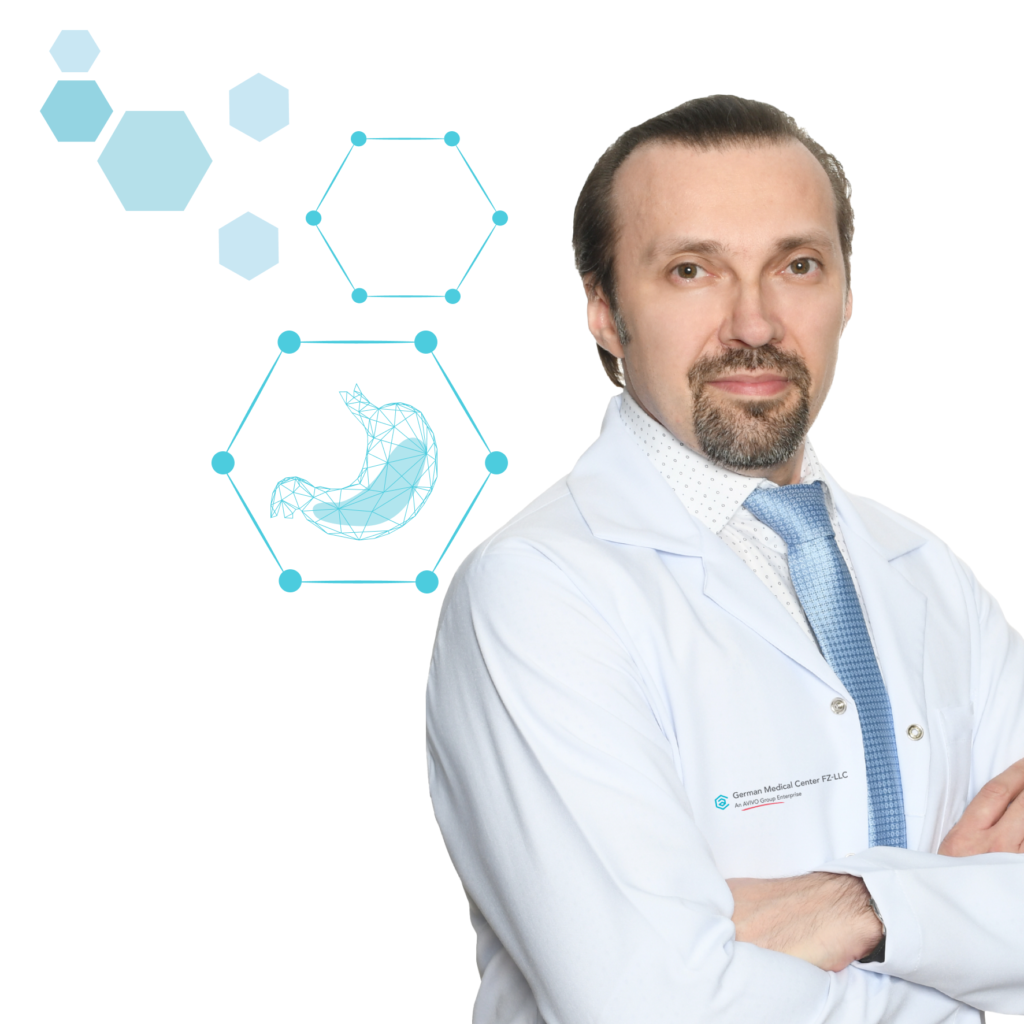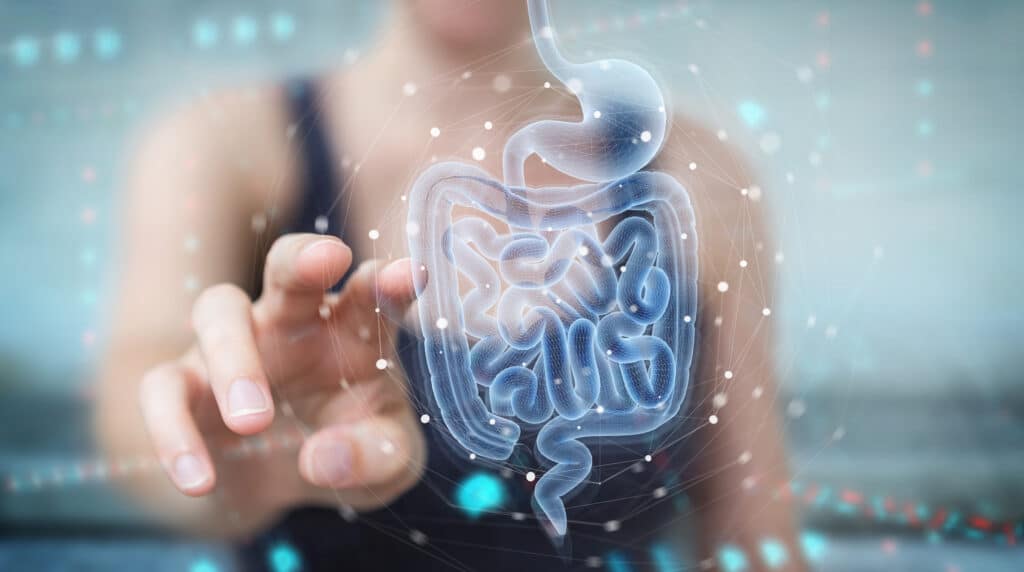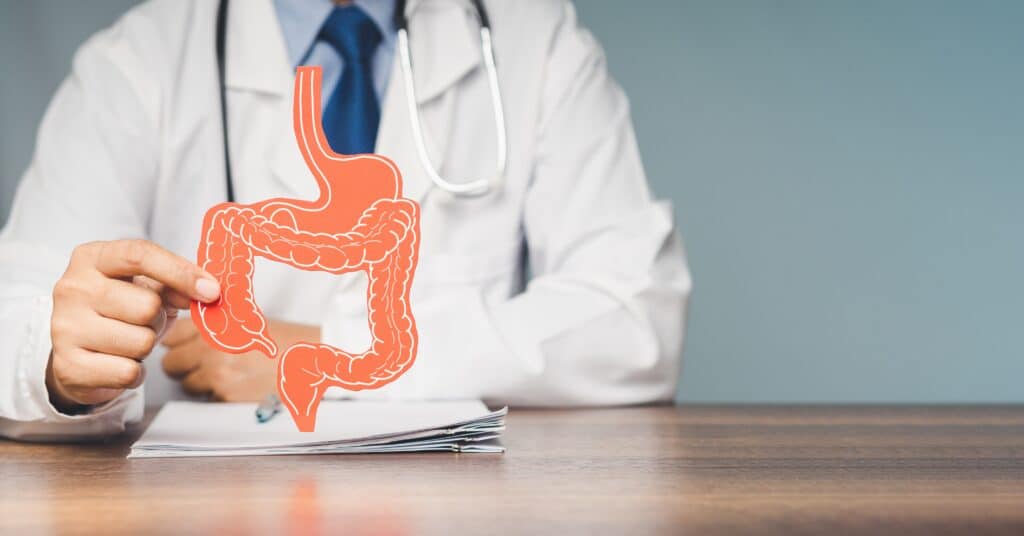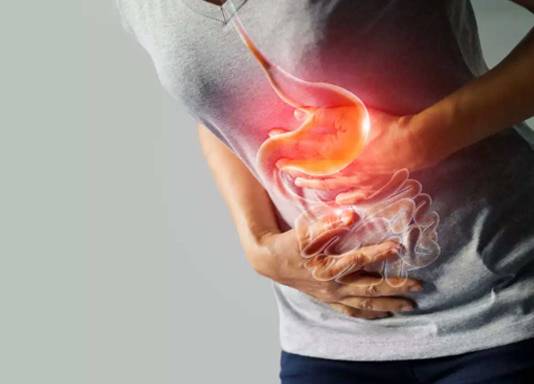
Dr. Sebastian Cuzincu
Gastroenterology and Internal Medicine
A cutting-edge medical technique that plays a crucial role in diagnosing and treating disorders of the bile ducts, pancreas, and gallbladder.
Advanced medical care and innovative procedures at the German Medical Center. Today, we introduce you to the remarkable realm of Endoscopic Retrograde Cholangiopancreatography (ERCP), a cutting-edge medical technique that plays a crucial role in diagnosing and treating disorders of the bile ducts, pancreas, and gallbladder.
As you embark on your journey to optimal health, consider the German Medical Center as your partner in personalized and comprehensive healthcare. Our commitment to excellence and patient well-being drives us to deliver along with the best gastroenterologist in Dubai, the highest standard of care in the field of gastroenterology and endoscopy.
What is Endoscopic Retrograde Cholangiopancreatography?
Endoscopic Retrograde Cholangiopancreatography, commonly known as ERCP, is a minimally invasive procedure that combines endoscopy and fluoroscopy to examine and treat conditions affecting the biliary and pancreatic ducts. This procedure allows our skilled medical professionals to visualize and access these ducts directly, enabling accurate diagnosis and targeted intervention.
At the German Medical Center, our team of experienced specialists utilizes state-of-the-art equipment and the latest medical advancements to ensure a seamless and effective ERCP procedure. Whether you are facing issues such as gallstones, tumors, or inflammation within the pancreas or bile ducts, ERCP can offer both diagnostic insights and therapeutic solutions.
Our team of experts are passionate about providing only the best quality care and treatment to their patients.

Gastroenterology and Internal Medicine
Liver Elastography – an advanced medical imaging technique designed to assess the health of your liver with precision and non-invasiveness....
Abdominal pain can be a symptom of a wide range of medical conditions and can manifest in different ways depending on the...
Colorectal cancer (CRC) is a type of cancer that affects the colon or rectum. It can develop from small growths called polyps in...
Stomach cancer, also known as gastric cancer, can cause a range of symptoms. However, it's important to note that not everyone...
Liver cancer is a serious and potentially life-threatening condition that requires prompt diagnosis and treatment....
Colon polyps are usually detected during a routine colonoscopy. During the procedure, a long, flexible tube with a camera on the...
Pancreatic cancer often does not cause symptoms in its early stages....
Gastrointestinal Stromal Tumor of Stomach (GIST) is a rare type of cancer that affects the digestive system, particularly the...






Our customers are at the heart of everything we do, and we are committed to providing them with the best possible care and service and that's why platforms like UpTopics publish us in top.


(4.5)
Based on 174 Google Reviews

Partner with:
Partner with:


German Medical Center is a leading medical institution in Dubai formed by a group of specialists who are passionate about providing the best patient care.
Fill out our easy online form to book an appointment with German Medical Center. Our team of experts is dedicated to providing you with personalized care and guidance every step of the way. Don't wait, take charge of your well-being and schedule your appointment now!